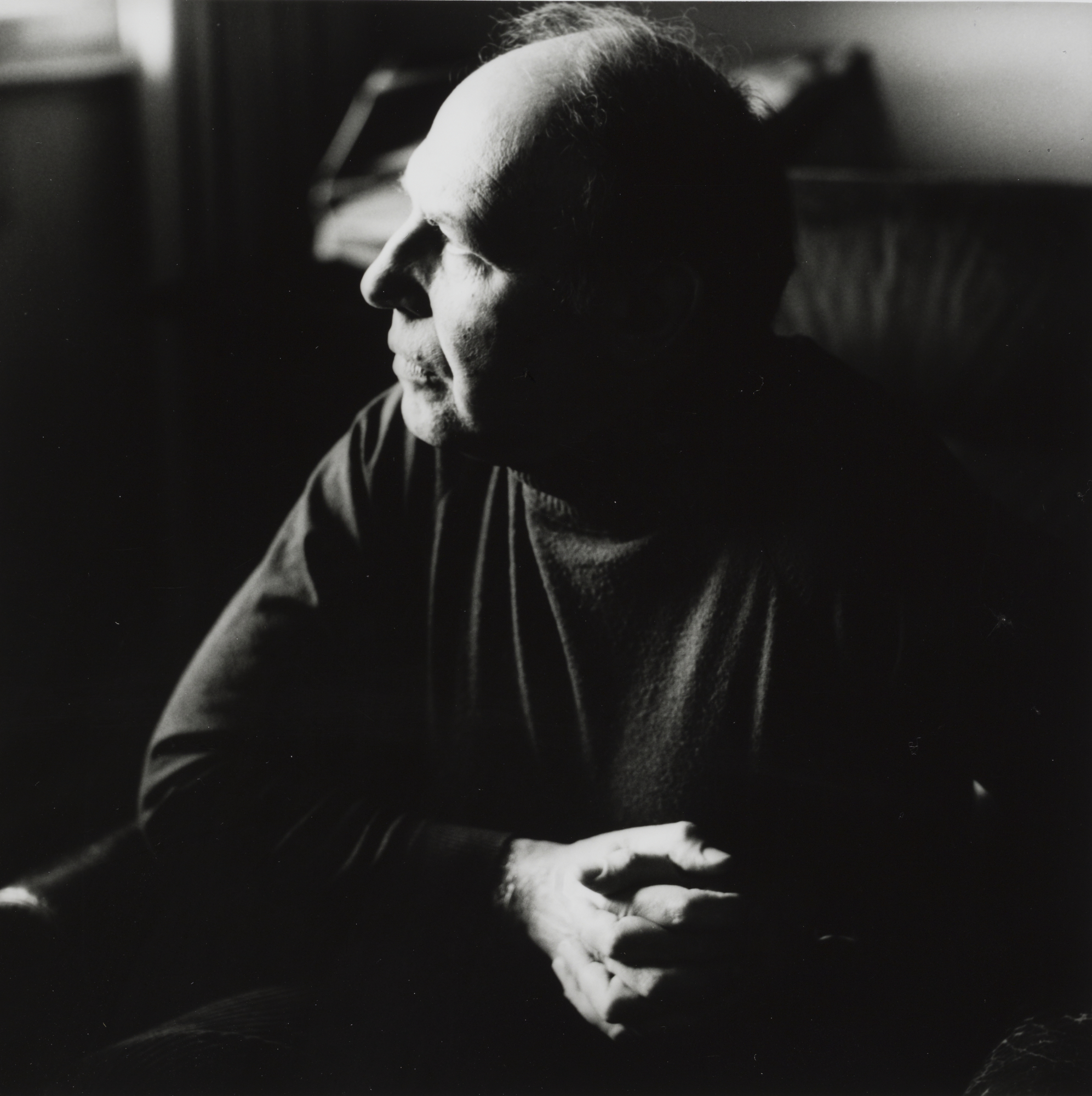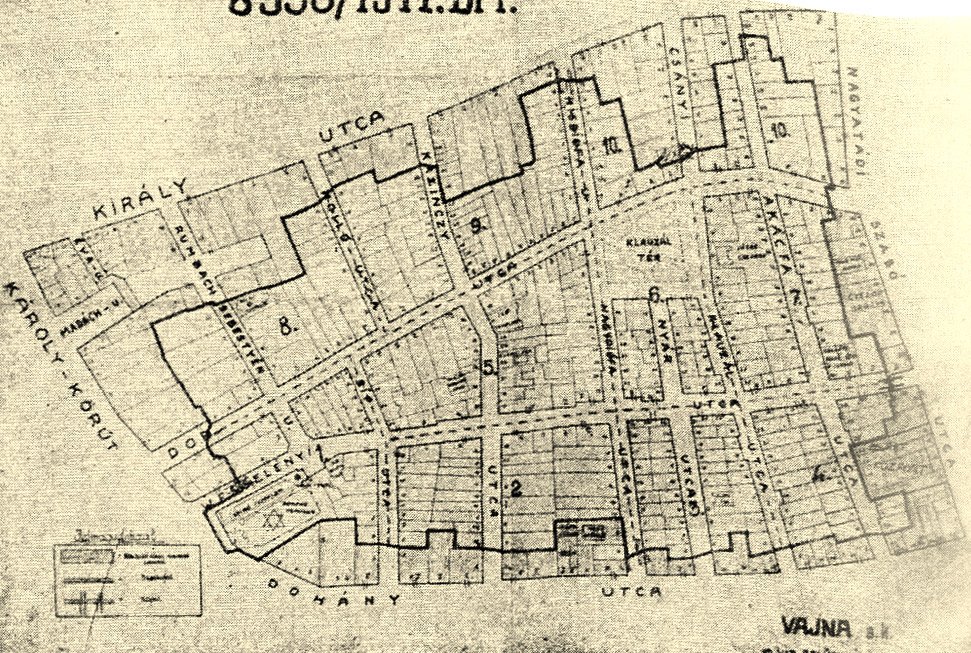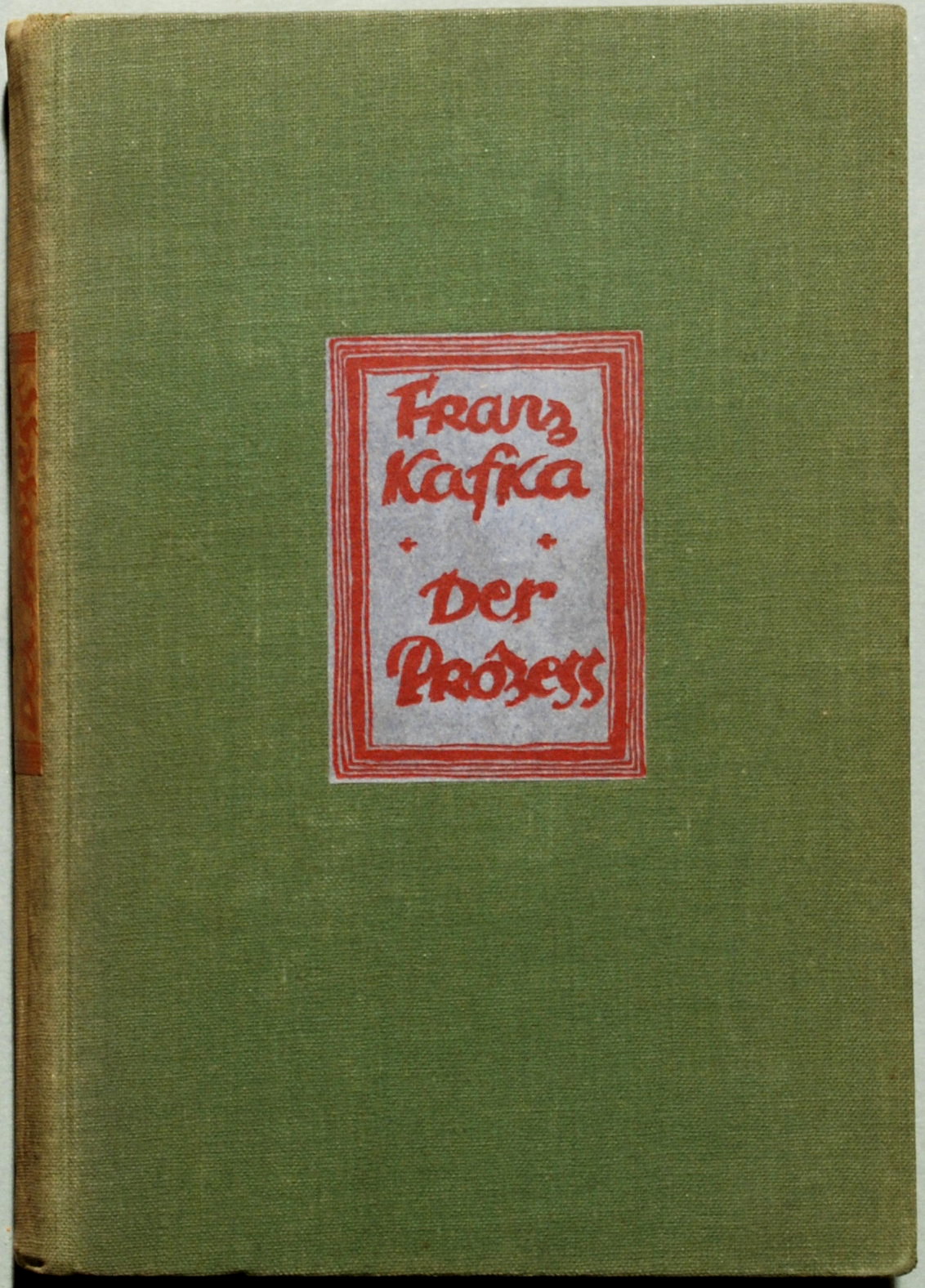|
Sorstalanság
''Fateless'' or ''Fatelessness'' ( hu, Sorstalanság, ) is a novel by Imre Kertész, winner of the 2002 Nobel Prize for literature, written between 1960 and 1973 and first published in 1975. The novel is a semi-autobiographical story about a 14-year-old Hungarian Jew's experiences in the Auschwitz and Buchenwald concentration camps. The book is the first part of a trilogy, which continues in ''A kudarc'' ("Fiasco" ) and ''Kaddis a meg nem született gyermekért'' ("Kaddish for an Unborn Child" ). Kertész won the Nobel Prize for Literature in 2002, "for writing that upholds the fragile experience of the individual against the barbaric arbitrariness of history". The book was first translated into English by Christopher C. Wilson and Katharina M. Wilson in 1992 as ''Fateless'' ( and ), while in 2004 a second translation by Tim Wilkinson appeared () under the title ''Fatelessness''. In the UK edition, Wilkinson's translation retained the title ''Fatelessness'' (). Plot summa ... [...More Info...] [...Related Items...] OR: [Wikipedia] [Google] [Baidu] |
Imre Kertész
Imre Kertész (; 9 November 192931 March 2016) was a Hungarian author and recipient of the 2002 Nobel Prize in Literature, "for writing that upholds the fragile experience of the individual against the barbaric arbitrariness of history". He was the first Hungarian to win the Nobel in Literature. His works deal with themes of the Holocaust (he was a survivor of a German concentration camp), dictatorship and personal freedom. Life and work Kertész was born in Budapest, Hungary, on 9 November 1929, the son of Aranka Jakab and László Kertész, a middle-class Jewish couple. After his parents separated when he was around the age of five, Kertész attended a boarding school and, in 1940, he started secondary school where he was put into a special class for Jewish students. During World War II, Kertész was deported in 1944 at the age of 14 with other Hungarian Jews to the Auschwitz concentration camp, and was later sent to Buchenwald. Upon his arrival at the camps, Kertész claime ... [...More Info...] [...Related Items...] OR: [Wikipedia] [Google] [Baidu] |
Fateless (film)
''Fateless'' ( hu, Sorstalanság) is a Hungarian film directed by Lajos Koltai, released in 2005. It is based on the semi-autobiographical novel ''Fatelessness'' by the Nobel Prize-winner Imre Kertész, who also wrote the screenplay. It tells the story of a teenage boy who is sent to Auschwitz and Buchenwald. The film's music was composed by Ennio Morricone, and one of its songs was sung by Lisa Gerrard. The film is one of the most expensive movies ever produced in Hungary, with a cost of $12 million. The film also features British actor Daniel Craig, who plays a cameo as a United States Army sergeant. The film was screened in Hungary and Germany (at Berlinale), at the Telluride Film Festival in Telluride, Colorado as well as the Toronto International Film Festival. Awards and nominations * Nominated – Golden Berlin Bear – Lajos Koltai * Nominated – European Film Award – Best Cinematographer – Gyula Pados * Nominated – European Film Award – Best Composer – ... [...More Info...] [...Related Items...] OR: [Wikipedia] [Google] [Baidu] |
Budapest Ghetto
The Budapest Ghetto was a Nazi ghetto set up in Budapest, Hungary, where Jews were forced to relocate by a decree of the Government of National Unity led by the fascist Arrow cross party during the final stages of World War II. The ghetto existed from November 29, 1944 to January 17, 1945. History The area consisted of several blocks of the old Jewish quarter which included the two main synagogues of the city, the Neolog Dohány Street Synagogue and Orthodox Kazinczy Street Synagogue. The ghetto was created on November 29, 1944, by a decree of the Royal Hungarian Government. It was surrounded by a high fence reinforced with planks that was guarded so that contraband could not be sneaked in, and people could not get out. 70 000 Jews were moved into a 0.1 square mile (0,26 square kilometre) zone. The Nazi occupation of Budapest (Operation Margarethe) started on March 19, 1944. The ghetto was established in November 1944, and lasted for less than two months, until the liberation of ... [...More Info...] [...Related Items...] OR: [Wikipedia] [Google] [Baidu] |
Personal Accounts Of The Holocaust
Personal may refer to: Aspects of persons' respective individualities * Privacy * Personality * Personal, personal advertisement, variety of classified advertisement used to find romance or friendship Companies * Personal, Inc., a Washington, D.C.-based tech startup * The Personal, a Canadian-based group car insurance and home insurance company * Telecom Personal, a mobile phone company in Argentina and Paraguay Music * ''Personal'' (album), the debut album by R&B group Men of Vizion * ''Personal'', the first album from singer-songwriter Quique González, and the title song * "Personal" (Aya Ueto song), a 2003 song by Aya Ueto from ''Message'' * "Personal" (Hrvy song), a song from ''Talk to Ya'' * "Personal" (The Vamps song), a song from ''Night & Day'' *"Personal", a song by Kehlani from ''SweetSexySavage'' Books * ''Personal'' (novel), a 2014 novel by Lee Child See also * The Personals (other) * Person * Personality psychology * Personalization * Human scal ... [...More Info...] [...Related Items...] OR: [Wikipedia] [Google] [Baidu] |
Novels About The Holocaust
A novel is a relatively long work of narrative fiction, typically written in prose and published as a book. The present English word for a long work of prose fiction derives from the for "new", "news", or "short story of something new", itself from the la, novella, a singular noun use of the neuter plural of ''novellus'', diminutive of ''novus'', meaning "new". Some novelists, including Nathaniel Hawthorne, Herman Melville, Ann Radcliffe, John Cowper Powys, preferred the term "romance" to describe their novels. According to Margaret Doody, the novel has "a continuous and comprehensive history of about two thousand years", with its origins in the Ancient Greek and Roman novel, in Chivalric romance, and in the tradition of the Italian renaissance novella.Margaret Anne Doody''The True Story of the Novel'' New Brunswick, NJ: Rutgers University Press, 1996, rept. 1997, p. 1. Retrieved 25 April 2014. The ancient romance form was revived by Romanticism, especially the historica ... [...More Info...] [...Related Items...] OR: [Wikipedia] [Google] [Baidu] |
Autobiographical Novels
An autobiography, sometimes informally called an autobio, is a self-written account of one's own life. It is a form of biography. Definition The word "autobiography" was first used deprecatingly by William Taylor in 1797 in the English periodical ''The Monthly Review'', when he suggested the word as a hybrid, but condemned it as "pedantic". However, its next recorded use was in its present sense, by Robert Southey in 1809. Despite only being named early in the nineteenth century, first-person autobiographical writing originates in antiquity. Roy Pascal differentiates autobiography from the periodic self-reflective mode of journal or diary writing by noting that " utobiographyis a review of a life from a particular moment in time, while the diary, however reflective it may be, moves through a series of moments in time". Autobiography thus takes stock of the autobiographer's life from the moment of composition. While biographers generally rely on a wide variety of documents and ... [...More Info...] [...Related Items...] OR: [Wikipedia] [Google] [Baidu] |
Hungarian Novels
Hungarian may refer to: * Hungary, a country in Central Europe * Kingdom of Hungary, state of Hungary, existing between 1000 and 1946 * Hungarians, ethnic groups in Hungary * Hungarian algorithm, a polynomial time algorithm for solving the assignment problem * Hungarian language, a Finno-Ugric language spoken in Hungary and all neighbouring countries * Hungarian notation, a naming convention in computer programming * Hungarian cuisine Hungarian or Magyar cuisine is the cuisine characteristic of the nation of Hungary and its primary ethnic group, the Magyars. Traditional Hungarian dishes are primarily based on meats, seasonal vegetables, fruits, bread, and dairy products. ..., the cuisine of Hungary and the Hungarians See also * * {{disambiguation Language and nationality disambiguation pages ... [...More Info...] [...Related Items...] OR: [Wikipedia] [Google] [Baidu] |
1975 Novels
It was also declared the ''International Women's Year'' by the United Nations and the European Architectural Heritage Year by the Council of Europe. Events January * January 1 - Watergate scandal (United States): John N. Mitchell, H. R. Haldeman and John Ehrlichman are found guilty of the Watergate cover-up. * January 2 ** The Federal Rules of Evidence are approved by the United States Congress. ** Bangladesh revolutionary leader Siraj Sikder is killed by police while in custody. ** A bomb blast at Samastipur, Bihar, India, fatally wounds Lalit Narayan Mishra, Minister of Railways. * January 5 – Tasman Bridge disaster: The Tasman Bridge in Hobart, Tasmania, Australia, is struck by the bulk ore carrier , killing 12 people. * January 7 – OPEC agrees to raise crude oil prices by 10%. * January 10–February 9 – The flight of '' Soyuz 17'' with the crew of Georgy Grechko and Aleksei Gubarev aboard the '' Salyut 4'' space station. * January 15 – Alvor Agreeme ... [...More Info...] [...Related Items...] OR: [Wikipedia] [Google] [Baidu] |
Daniel Craig
Daniel Wroughton Craig (born 2 March 1968) is an English-American actor who gained international fame playing the secret agent James Bond in the film series, beginning with '' Casino Royale'' (2006) and in four further instalments, up to '' No Time to Die'' (2021). After training at the National Youth Theatre in London and graduating from the Guildhall School of Music and Drama in 1991, Craig began his career on stage. He made his film debut in the drama '' The Power of One'' (1992) and the family film ''A Kid in King Arthur's Court'' (1995), with his breakthrough role coming in the drama serial '' Our Friends in the North'' (1996). He gained prominence for his supporting roles in films such as '' Elizabeth'' (1998), '' Lara Croft: Tomb Raider'' (2001), '' Road to Perdition'' (2002), '' Layer Cake'' (2004), and ''Munich'' (2005). In 2006, he played James Bond in ''Casino Royale'', a reboot of the Bond franchise which was favourably received by critics and earned Craig a n ... [...More Info...] [...Related Items...] OR: [Wikipedia] [Google] [Baidu] |
Marcell Nagy
Marcell may refer to: * Joseph Marcell, an actor from St. Lucia * Marcell, Minnesota, an unincorporated town * Marcell Township, Minnesota See also * Marcel (other) Marcel may refer to: People * Marcel (given name), people with the given name Marcel * Marcel (footballer, born August 1981), Marcel Silva Andrade, Brazilian midfielder * Marcel (footballer, born November 1981), Marcel Augusto Ortolan, Brazilian s ... * Marcelle (other) * Marcelling, a hair styling technique {{disambig, geo, surname ... [...More Info...] [...Related Items...] OR: [Wikipedia] [Google] [Baidu] |
The Trial
''The Trial'' (german: Der Process, link=no, previously , and ) is a novel written by Franz Kafka in 1914 and 1915 and published posthumously on 26 April 1925. One of his best known works, it tells the story of Josef K., a man arrested and prosecuted by a remote, inaccessible authority, with the nature of his crime revealed neither to him nor to the reader. Heavily influenced by Dostoevsky's ''Crime and Punishment'' and ''The Brothers Karamazov'', Kafka even went so far as to call Dostoevsky a blood relative. Like Kafka's two other novels, ''The Trial'' was never completed, although it does include a chapter which appears to bring the story to an intentionally abrupt ending. After Kafka's death in 1924 his friend and literary executor Max Brod edited the text for publication by Verlag Die Schmiede. The original manuscript is held at the Museum of Modern Literature, Marbach am Neckar, Germany. The first English-language translation, by Willa and Edwin Muir, was published in 19 ... [...More Info...] [...Related Items...] OR: [Wikipedia] [Google] [Baidu] |
Franz Kafka
Franz Kafka (3 July 1883 – 3 June 1924) was a German-speaking Bohemian novelist and short-story writer, widely regarded as one of the major figures of 20th-century literature. His work fuses elements of realism and the fantastic. It typically features isolated protagonists facing bizarre or surrealistic predicaments and incomprehensible socio-bureaucratic powers. It has been interpreted as exploring themes of alienation, existential anxiety, guilt, and absurdity. His best known works include the short story "The Metamorphosis" and novels ''The Trial'' and '' The Castle''. The term ''Kafkaesque'' has entered English to describe absurd situations, like those depicted in his writing. Kafka was born into a middle-class German-speaking Czech Jewish family in Prague, the capital of the Kingdom of Bohemia, then part of the Austro-Hungarian Empire, today the capital of the Czech Republic. He trained as a lawyer and after completing his legal education was employed full-ti ... [...More Info...] [...Related Items...] OR: [Wikipedia] [Google] [Baidu] |







